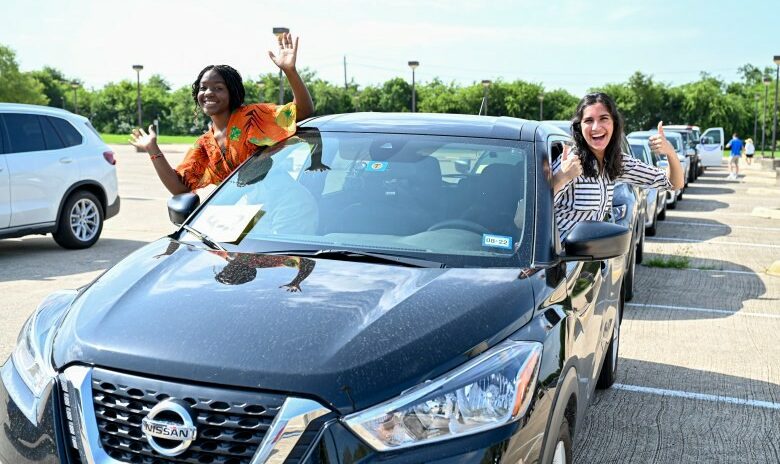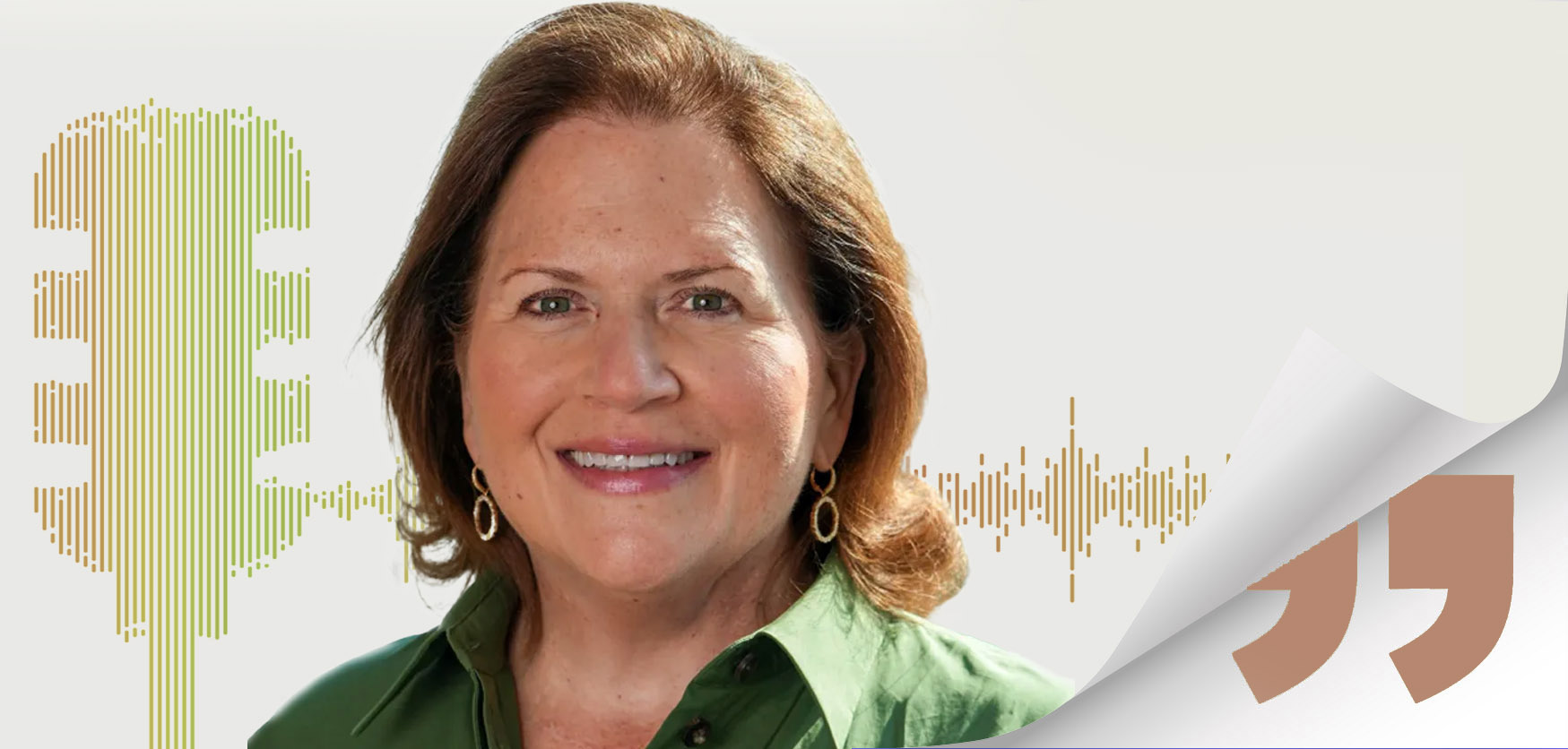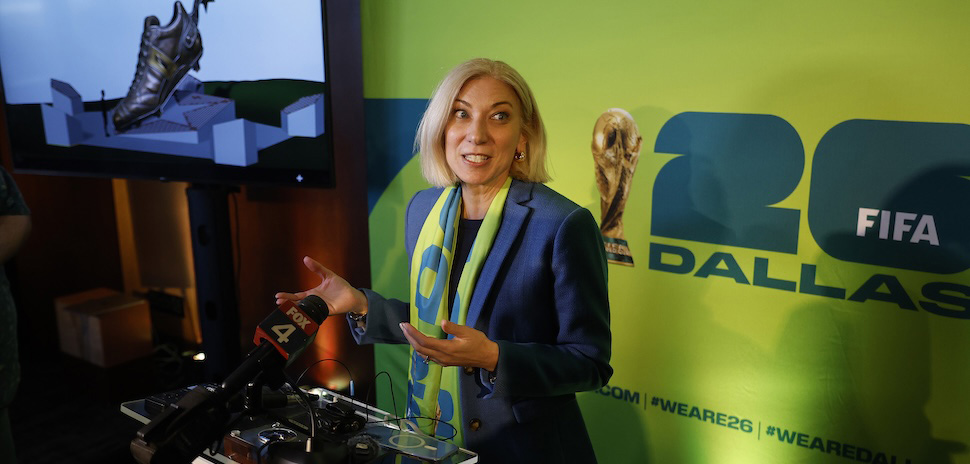
[Photo by scyther5 via iStock]
Frisco High School junior Brianna Royer is more of the exception rather than the norm in her aerospace engineering class.
In a class of 14, she is one of four girls enrolled, reports the Frisco Enterprise.
She hopes that lopsided enrollment in science, technology, engineering, and math classes changes in the future. For her part, she recently launched an after-school program to teach third- through fifth-graders how to code.
“While I am personally not bothered by the odds that are stacked against me, it can make women who take STEM classes feel more isolated and treated as more of an oddity than a working member of the class,” Brianna told the Frisco Enterprise. “I want the idea of women in STEM careers and classes to be normalized.”
FrisCode uses a beginner coding curriculum from the Massachusetts Institute of Technology. Brianna also writes her own code for the class, which is offered on Tuesdays for girls and Thursdays for boys.
“My goal is to continue this camp every year and to run it at every high school with the support of high school volunteer and computer science groups,” Brianna told the newspaper.
Delivering what’s new and next in Dallas-Fort Worth innovation, every day. Get the Dallas Innovates e-newsletter.
R E A D N E X T
-
The North Texas nonprofit will receive a half-million dollars from the Toyota USA Foundation to help increase the number of girls entering into a college-level STEM degree program.
-
Learn the ways medical school classrooms are looking more and more futuristic by incorporating simulation learning into their curriculums.
-
How did these Plano teens spend their summer vacation? Making an impact in their community AND learning valuable marketplace skills at three North Texas nonprofits.
-
"It's larger than every other problem that we face, probably combined," says Texas Commissioner of Education Mike Morath. The long-term economic impact of pandemic-driven learning loss in Texas could total as much as $2 trillion. An expert panel discusses the challenges—and what's being done about it.
-
The Dallas Education Foundation is being recognized for driving the creation of an “educational metaverse” for DISD. Developed by Dallas-based STEMuli Technology, the metaverse is currently being piloted at Dallas Hybrid Prep, the district’s first permanently hybrid school. The STOP Awards, funded by Philadelphia benefactor Janine Yass, will provide a total of $3.5 million in prizes for exceptional educational responses during the COVID pandemic.






























